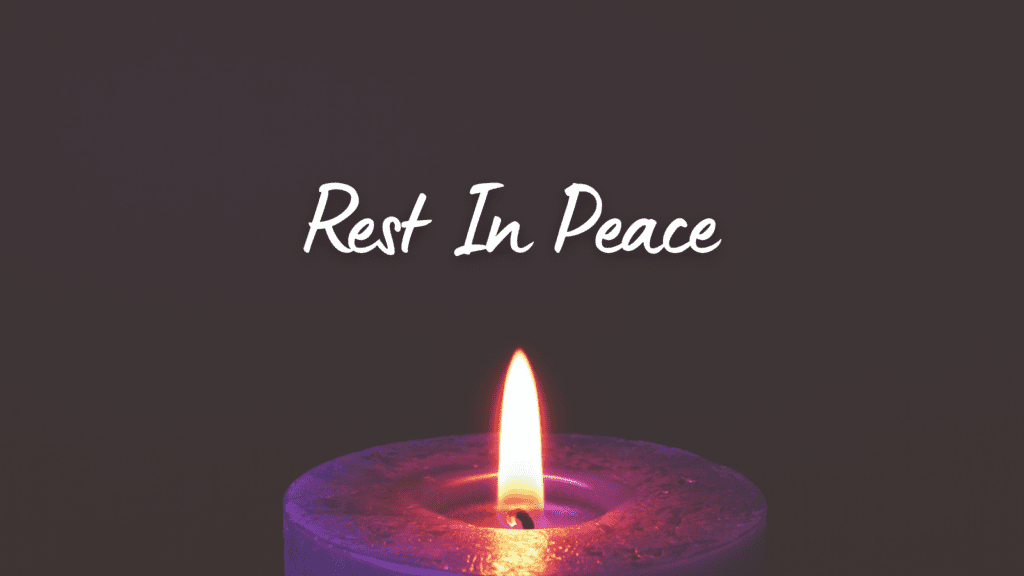
A few hours before he put the entire Hellfest at his feet, Alice was kind enough to organize a small press conference. Radio Metal and its armada of snoopers could not possibly miss such a good opportunity to glean a few pieces of information and sent an emissary to join a handful of colleagues. The game, however, was not easily won: as Olivier Garnier, promotion manager, told us, Alice Cooper didn’t want this press conference to take place during the Twisted Sister show. Why, you ask? Because he wanted the journalists to go and see Dee Snider’s gang rock the stage rather than listen to his own ramblings. Alice confesses his great respect and friendship with Twisted Sister, and particularly with their frontman:

“They’re very old friends of ours. Dee and I have done so many things together. He’s one of the best. He knows how to work the audience, he’s great. […] We’ve done a few things together. We just recorded some stuff that was pretty interesting, but I don’t know if it will ever see the light of day! But he’s great.”
Alice Cooper’s career total no less than 40 years. He’s one of the only artists who managed to endure through the decades while always adapting to the era. In this respect, it’s incredible to see 40-year-old songs, such as the classic, innocent “I’m Eighteen’, performed alongside “Wicked Young Man”, a song set in a very modern and brutal era. The man does splits at every concert, and yet neither the show nor the repertoire seem to suffer from it. His hand is still present, his genius still palpable. What’s more, Alice Cooper remains an absolute reference when it comes to offering shows with real theatrics. Those shows played a major part in the building of his reputation and inspired many other artists, from Rob Zombie to Marilyn Manson. But in the end, what makes Alice Cooper a popular figure after all these years ? What’s his recipe for success?
“First of all, we don’t do anything without the music first. The music is the cake, and Alice Cooper is the icing on the cake. We spend about 90% of our time on the music, and 10% on the theatrics. Once the script, the music, is written and works (like you’re gonna see tonight, it will be 28 really rehearsed songs), you can add the icing on the cake. A lot of bands have a small cake and a lot of icing. We have a lot of cake and a lot of icing! (Laughs) If you don’t have the music, you have nothing but a puppet show. You have to have those songs; you have to have “I’m Eighteen”, “Poison”, “School’s Out”, “Elected”, “Feed My Frankenstein” and all that. That all has to be in the show to make it work. If it were just the theatrics, who cares? It’s the band first. […] We absolutely refuse to do a dull show. Every single night, the band gives 100% on stage. We just refuse to do a bad show. So the band and myself, our attitude is to kill the audience every night. I don’t care if it’s a hundred shows, that’s the only way I know how to do it. I think once you do that, the audience realizes that you can go on as long as you want to. You can go thirty years as long as you keep doing that. If you go up there with half feelings, the audience can sense that. So tonight, we’re gonna go up there to kill the audience. […] (Speaking about his musicians) These guys are great. And tonight, I’m throwing three songs at them that we haven’t done in five years. I haven’t told them yet!”
Leave a Reply